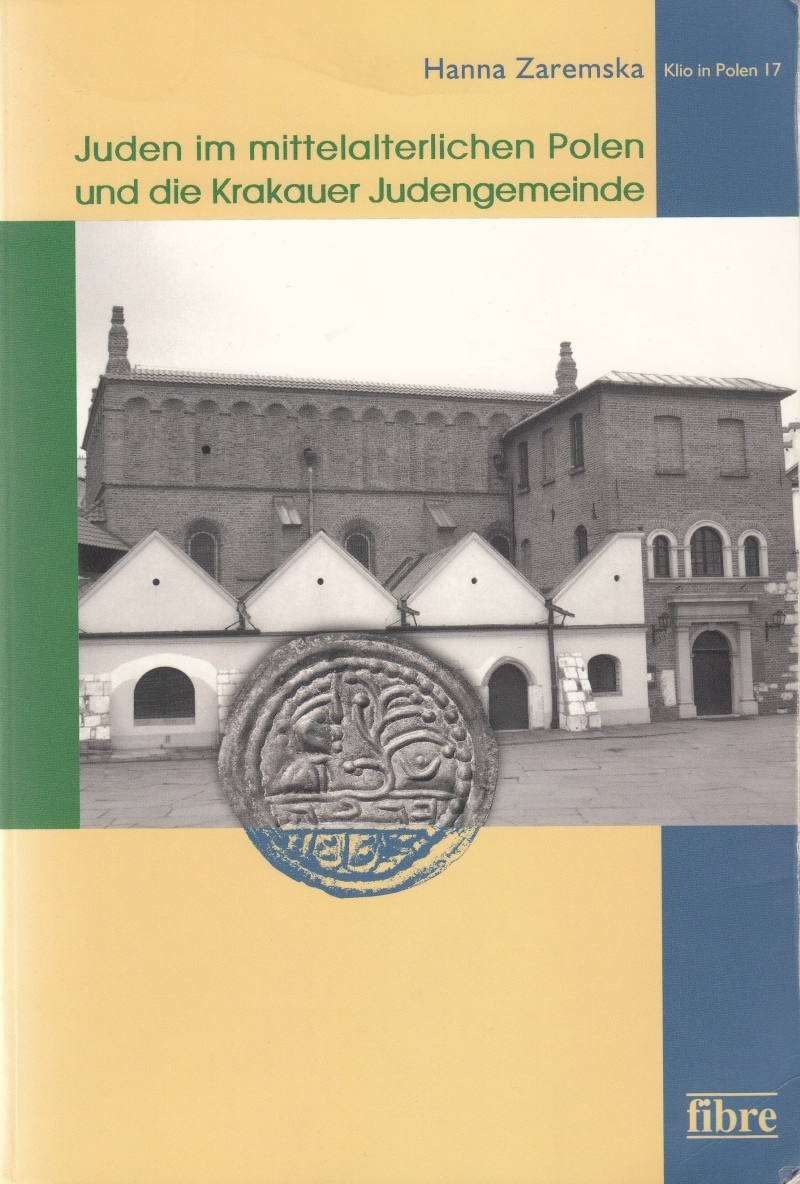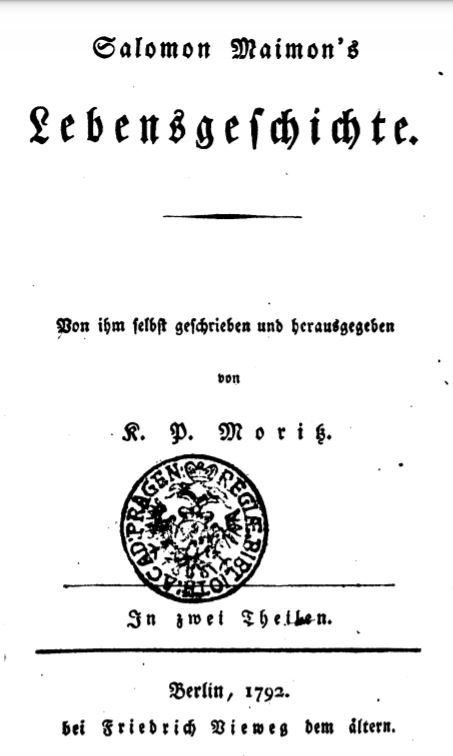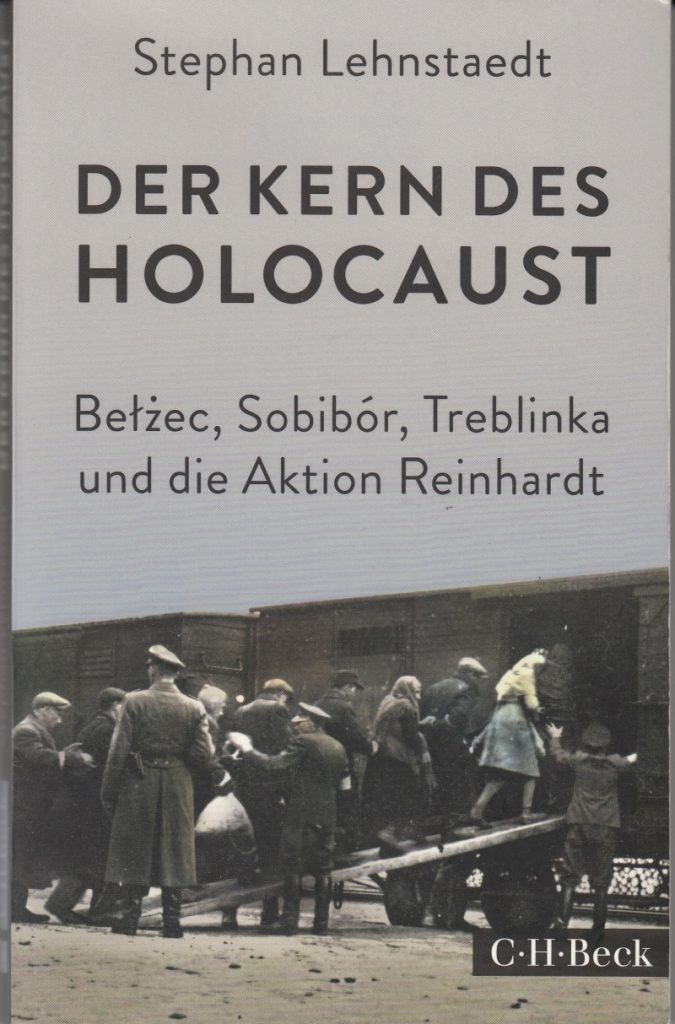Sorry English readers, these book recommendations refer to German reading material. I recommend to look for versions in other languages and hope you enjoy reading them.
Subject: Book recommendations related to the permanent exhibition at the Polin Museum in Warsaw to further explore the history of Polish/Lithuanian Jews. This history is in direct interaction with Jewish history in East Prussia and other metropolitan areas in Germany.
Not every book is suitable for every reader – here I would like to draw attention to the free scans of old books, which are often quoted in the galleries on the Shtetl and the Encounter with Modernity: by Salomon Maimon and Pauline Wengeroff.


The work of a scholar who learned Hebrew in order to better understand Polish history. Curator of part of the permanent exhibition at the POLIN Museum, non-fiction. Hanna Zaremska: Juden im mittelalterlichen Polen und die Krakauer Judengemeinde
A very large book, for which Olga Tokarczuk was awarded the Nobel Prize. Without knowing the Polin Museum, I think it is difficult to understand and enjoy the book and the period she describes. The story of the Frankists, whose leader was eventually buried in Offenbach am Main. Olga Tokarczuk: Die Jakobsbücher


Free on the Internet – Salomon Maimon is often quoted because he describes wonderful stories from the lives of Jewish Poles. Eventually his path leads him via Königsberg to Berlin. It is fascinating to read how he travels and how he gets by. The volume about his correspondence with Kant is less entertaining. Salomon Maimon: Lebensgeschichte
How the 19th century with its technological, political and social changes affected the life of a pious Jewish woman – The book reads as exciting as a thriller. Pauline Wengeroff: Memoiren einer Grossmutter


Originally written in Yiddish – fascinating insights into a Jewish world that still existed in Warsaw not so long ago. It is about piety, small business, theater, the mafia, revolution, awakening and suppression – all current topics. Abraham Teitelbaum: Warschauer Innenhöfe
A good compact summary of current sources to get a picture of life in the ghetto. Markus Roth / Andrea Löw: Das Warschauer Getto


The records of a Polish resistance fighter’s conversations with the SS man who put down the Warsaw ghetto uprising are captivating. These conversations in a prison cell give an insight into how an SS personality was formed and how the Polish resistance dealt with the situation in the city of Warsaw. The book was the trigger for some to become historians. Kazimierz Moczarski: Gespräche mit dem Henker
Changes our view of the Holocaust, much of which we think we already know – because it essentially took place in secret. Changes the view of the role of Auschwitz in the Holocaust narrative. Stephan Lehnstaedt: Der Kern des Holocaust


Background information on the events in Poland which led to a smear campaign against Jewish Poles being staged in the media of the People’s Republic of Poland in March 1968. At that time there was a wave of emigration and the anti-Jewish expressions formulated at that time are still the subject of discussion today. Hans-Christian Dahlmann: Antisemitismus in Polen 1968
Known as the German pope of literature. Here he lets us in on the dramatic moments of his life: expulsion from Germany in 1938, the Warsaw ghetto, marriage, hiding and how things went on in post-war Poland. Marcel Reich-Ranicki: Mein Leben

